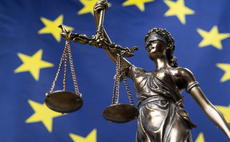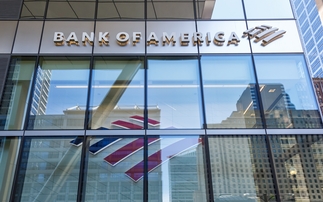There are some key differences between the GDPR and existing DPD, and awareness is key to compliance
The General Data Protection Regulation has some key differences from 1995's Data Protection Directive, even if the principles are the same, Esther Franks - a senior associate at law firm Latham & W...
To continue reading this article...
Join Computing
- Unlimited access to real-time news, analysis and opinion from the technology industry
- Receive important and breaking news in our daily newsletter
- Be the first to hear about our events and awards programmes
- Join live member only interviews with IT leaders at the ‘IT Lounge’; your chance to ask your burning tech questions and have them answered
- Access to the Computing Delta hub providing market intelligence and research
- Receive our members-only newsletter with exclusive opinion pieces from senior IT Leaders























